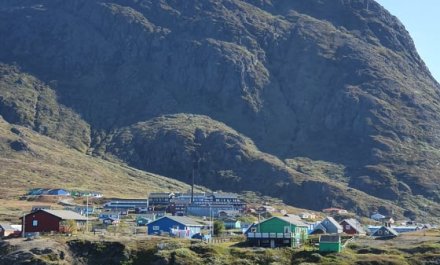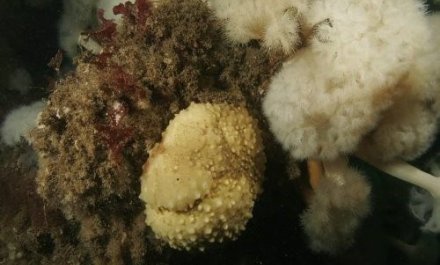- Study
- Student
- Research
- About UNAK
- University
- Schools & faculties
- Governance
- Rector
- Rector’s Office
- University Council
- University Assembly
- University Office
- Laws and regulations
- Organization
- Code of Ethics
- Councils and committees
- Strategies & policies
- On campus
- Human resource
Research projects

Working Class Women, Well-being and the Welfare State
Researches different conditions amongst different groups of women in Iceland.
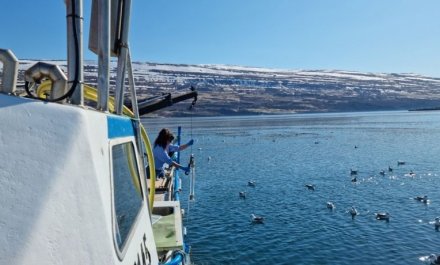
Waste Water Treatment in Akureyri
The City of Akureyri has an output of wastewater that is comparable to a town that is twice as large. What is your opinion on wastewater treatment in Akureyri?

Universities and Democracy
A critical analysis of the civic role and function of universities in a democracy.

Tracking multi-lateral Environmental Agreements
The TEA project explores how effectively Arctic states implement multilateral environmental agreements, providing a framework to assess real-world progress on regional and global environmental goals.

Tools and techniques supporting teachers and lecturers in distance learning
The project's objective is to enhance online teaching competencies among formal and non-formal education staff, especially university and high school teachers, through the use of digital tools.
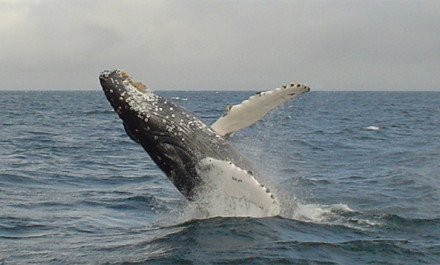
The sea around us
The Sea Around Us is an international research initiative at the University of British Columbia. The Sea Around Us assesses the impact of fisheries on the marine ecosystems of the world and offers mitigating solutions to a range of stakeholders.

The Nordic concept of gender equality and ‘The Other’
The problems and particularities of effectively implementing the concept of gender mainstreaming into the asylum decision-making process
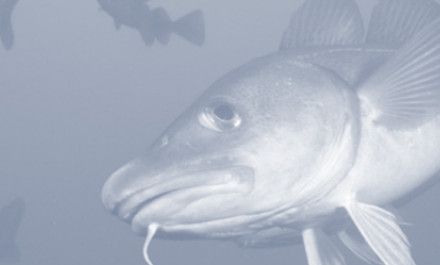
The cod project
In this project we investigate the historical variation in abundance of Icelandic cod (Gadus morhua). The Icelandic cod stock has been the main source of income in Iceland for centuries. A good understanding of the dynamics affecting the fluctuations in the stock are therefore important. Arguably it is especially important now with rapid climate changes and probable changes in the marine ecosystems following.

Sustainable governance indicators
The SGI is a platform built on a cross-national survey of governance that identifies reform needs in 41 EU and OECD countries. The SGI brings together a broad network of experts and practitioners aiming to understand what works best in sustainable governance. Advocating the exchange of best practices, we offer full access to our data set and enable the comparisons that generate innovation in governance.
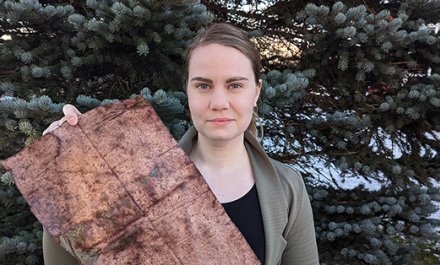
Sustainable Bio-Leather: A PhD Project on Salmon Skin Remodelling
Explores innovative methods for processing Icelandic salmon skin.

Sustainability in scientific publishing
Sustainability is an issue in every aspect of life, and there are endeavours to promote and evaluate sustainable handling in all areas.
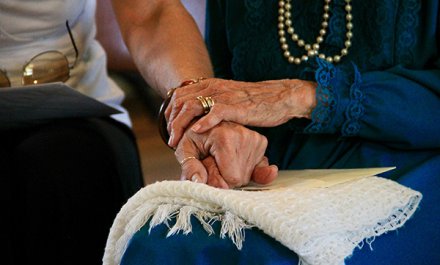
Support needs of adult children in the care of aging mothers
Adult children's participation in the care of aging mothers in nursing homes and their needs for education and support from health professionals.
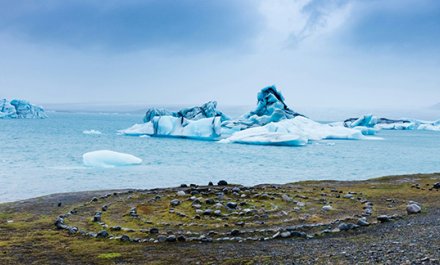
Stronger Arctic Research in Iceland
The project strengthens collaboration among Icelandic universities, enhancing Arctic research capacity, addressing climate challenges, and fostering international scientific cooperation for sustainable solutions.
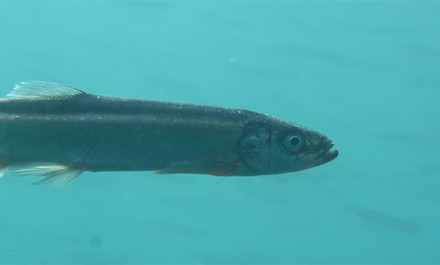
State of the arctic marine biodiversity report – marine fishes
The State of the Arctic Marine Biodiversity Report identifies trends in key marine species and points to important gaps in biodiversity monitoring efforts across key ecosystem components in: sea ice biota, plankton, benthos, marine fishes, seabirds and marine mammals. Changes in these species are likely to indicate changes in the overall marine environment.

Social Evaluation in Babies
In this study, we aim to investigate infants’ social evaluations and to examine individual differences in infants’ early social evaluations across diverse cultural contexts.
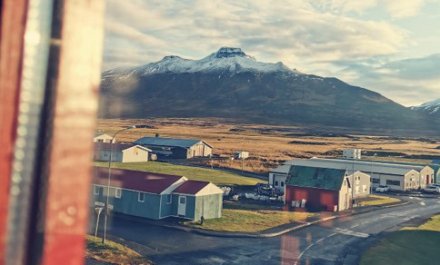
Social context and social control: young women in Icelandic fishing villages
This Phd research project focuses on young women in small fishing villages in Iceland, social status, social control and different social factors that influence their residence in these locations.

Services for victims of sexual offences
The research is twofold: The experience of sexual violence victims of submitting a charge with the police and accepting an interview with a psychologist after giving a report.

Second generation biofuels using thermophilic bacteria
The focus of our research for the past ten years has been on the production of second-generation biofuel for lignocellulosic biomass using thermophilic bacteria isolated from Icelandic hot springs. Lately, our interest has spread to the utalization of macroalgae for the biological production of biofuels and high-value chemical buildings blocks. There is an increased interest in using thermophilic bacteria for the production of bioethanol from complex lignocellulosic biomass due to their higher operating temperatures and broad substrate range.

Seasonal Threat of Natural Disaster, Symptoms of Seasonal affective Disorder, and Rumination
Read more about
Seaonal Affective Disorder in Iceland
Seasonal affective disorder is a type of depression that is related to changes in seasons, mostly presenting itself in winter months, with full remission during summer months.
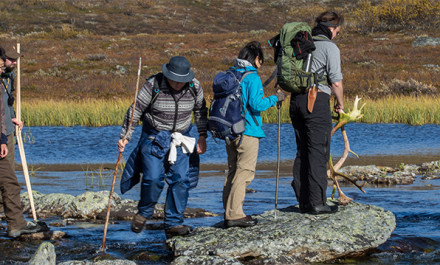
SAINT - Slow Adventure In Northern Territories
SAINT is funded by the EU Northern Periphery and Arctic Programme for the period 2015-2018. The project started April 2015, involving 11 partners with a total grant of 1.1 mill EUR.
“Slow Adventures in Northern Territories” will work with SMEs to make them more aware of how to capitalise on the business opportunities in guided “slow adventure” experiences, offering simple nature-based, immersive journeys, living and travelling in wild places, through marketing to new, distant customer markets.

SAD-Food-Study: Correlation between eating style, seasonal mood fluctuations, and circadian rhythm
Read more about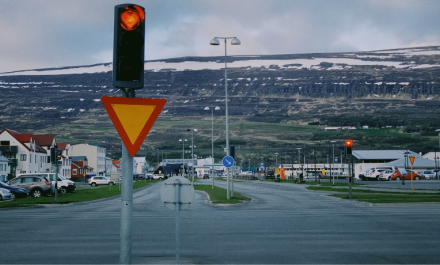
SAD air study
Association between Health Impacts and Emissions to Air from Cruise Ships and Studded Tires

Rural Policing
This study maps police staffing in Iceland since 2007 from a European comparative perspective and analyses the main challenges and practices of rural police officers
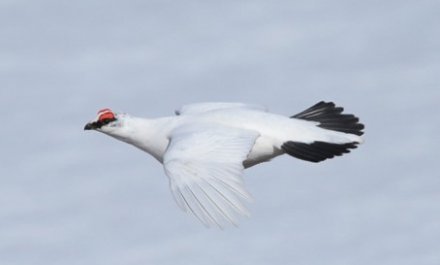
Rock Ptarmigan Ecogenomics
Ecological genomics encompasses ecology, genomics, and evolutionary biology, and utilizes genomic approaches to address consequential ecological questions.
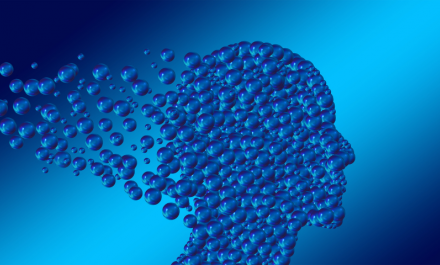
Research in the Faculty of Psychology
Here you can see all research at the Department of Psychology in one place
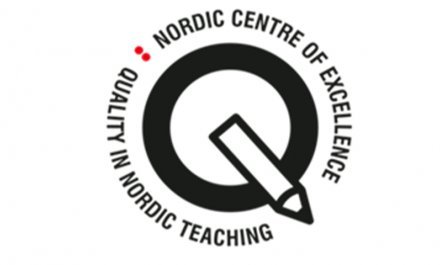
Quality in Nordic Teaching (QUINT)
The project received a grant of over NOK 25 million from NordForsk under the banner of Education for Tomorrow
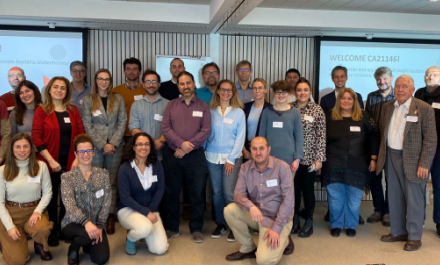
PurpleGain
The biotechnological development of purple phototrophic bacteria (PPB) focuses on resource recovery from waste sources, contributing to a circular bioeconomy. PURPLEGAIN aims to create a European network to share information, facilitating technology and knowledge transfer between the academic and industrial sectors, related to PPB applications for resource recovery from organic waste sources. Resource recovery includes wastewater or organic waste, open or closed environments, in single or chain processes. The network associates fundamental-focused and applied-research groups, improving lab-scale technology optimization through mechanistic modeling. It benefits the technology transfer from applied-research groups to industry, considerably improving process design.
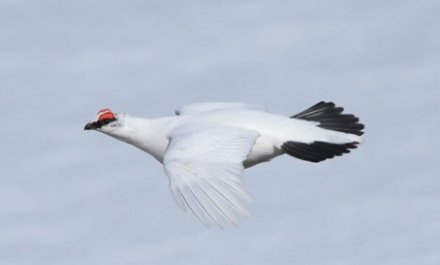
Ptarmigan Ecogenomics
Ecological genomics encompasses ecology, genomics, and evolutionary biology, and utilizes genomic approaches to address consequential ecological questions.
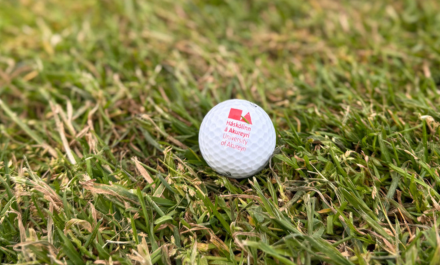
Psychological Factors and Performance in Golf
This study investigates whether and how increases in momentary negative thinking may impact performance in golf among Icelandic golfers.

Psychological Distress and Well-Being in Athletes in North-East Iceland: A Longitudinal Study of Risk and Protective Factors
Read more about
Psychological and social factors and their impact on pregnancy and birth
The aim of the project is is to increase knowledge of the situation with women who experience perinatal distress during pregnancy and childbirth and effect from dissatisfaction in partner relationship and weak social support from family and friends.
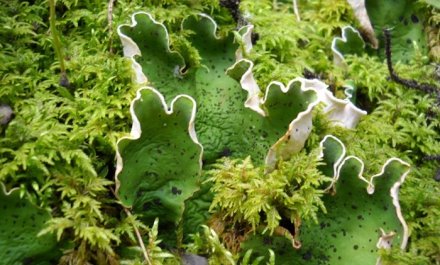
Pseudomonas syringae in Peltigera lichens
The plant pathogenic bacterium Pseudomonas syringae is generally not found in the endothallic microbiota of lichens, except those of the genus Peltigera. This has led us to wonder whether Peltigera lichens can be regarded as natural reservoirs for this plant pathogen. Preliminary analysis indicates, however, that the Peltigera-associated P. syringae population is of a distinct haplotypical composition, indicating a community that may be adapted to this unusual host.
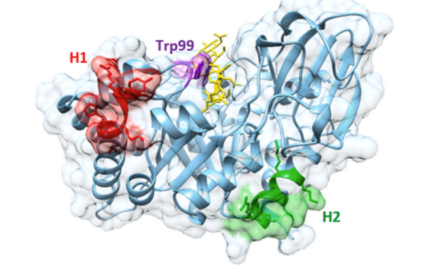
Protein-Ligand Analysis of the Chitinase-Like Protein YKL-40 in Humans
Research on the YKL-40 protein, which is linked to inflammation and disease, by exploring its molecular interactions and role in disease processes.
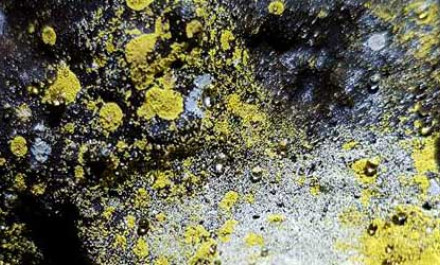
Production of fine chemicals using thermophilic bacteria
In parallel to our research on biofuels, we have also pioneered studies on the production of branched-chain and long-chain alcohols (BCOHs and BCFAs) from amino acids by thermoanaerobes. Revising Orlygsson PhD work led to our discovery that branched-chain alcohols are a major fermentation product from branched-chain amino acids by thermophilic bacteria under very specific conditions. Electron scavenging is possible by either using thiosulfate as an electron sink or by growing the amino acid degrading thermophile in a co-culture with a hydrogenotrophic methanogen.
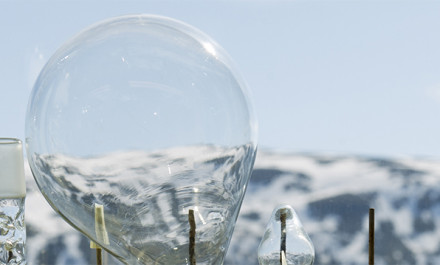
Production of ethanol from whey permeate
Cheese whey represents an important source of environmental pollution due to its enormous global production rate and high organic matter content. One good method to deal with whey pollution is its bioconversion to ethanol employing yeast, especially Kluyveromyces species. The only fermentable sugar in whey is the disaccharide lactose which means that wild type Saccharomyces yeasts cannot degrade it because they do not have β-galactosidase. Apart from lactose, whey also contains vitamins and minerals which may improve the physiological activity of the cells.
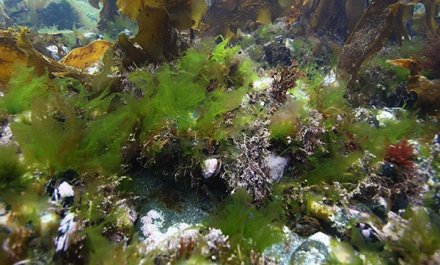
PFASs meet Arctic and sub-Arctic marine diatoms and their associated symbionts
Per- and polyfluoroalkyl substances (PFAS) are harmful environmental contaminants, released into the environment through various sources.
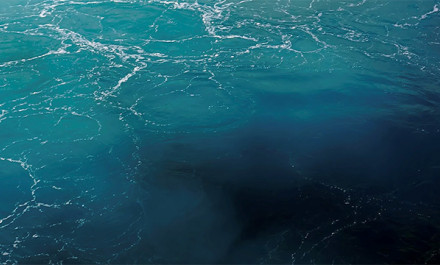
Ocean currents and climate variability
We study the general oceanography of the seas around Iceland and the currents of the North Atlantic, investigating the effects of climate variability and oceanic conditions on biological resources. The Nordic Seas (Greenland, Iceland and Norwegian seas) is the main region where Atlantic water is transformed into a water mass that is dense enough to feed the North Atlantic deep water and the Iceland Sea is considered an important part of the North Atlantic climate system.
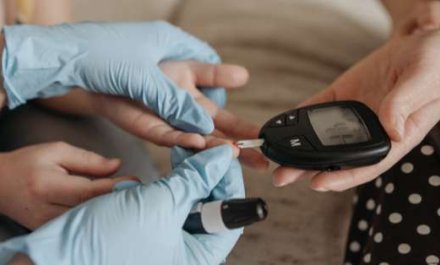
Nurse-coordinated team-based follow-up program in primary care
A mixed-method complex intervention feasibility and RCT pilot trial among people at risk for diabetes type 2 (T2DM)
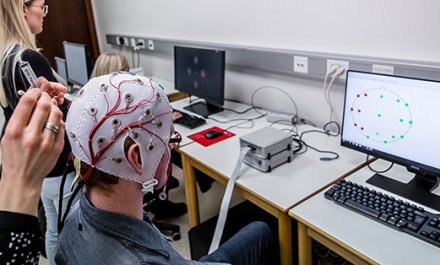
Neurodiversity in Higher Education
Neurodiversity describes variation in brain function between individuals, including conditions such as Attention Deficit Hyperactivity Disorder (ADHD), Autism spectrum disorder (ASD), or Dyslexia. Neurodiversity is common in the general population, for example, about 10% of the Icelandic population have Dyslexia.
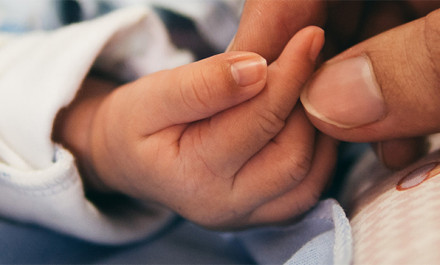
Neuro-psycho-social characteristics and effects of labour events
The group’s aim is to research and describe the psychological process and experiences of natural childbirth. To answer the research question: What is the psychological experience of natural childbirth like and what are its components. The project started by systematic-reviewing of published scientific papers on women’s experiences of normal or natural childbirth.
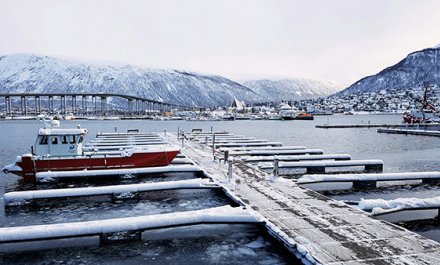
NACEMAP
Northern and Arctic Communities Emergency Management and Preparedness - strengthens resilience in Northern communities through self-assessment, planning, and collaboration to improve emergency response and post-disaster recovery.

Multidisciplinary pain rehabilitation programs in Iceland: An exploration and description of the short-term and long-tern effects
Chronic pain affects people all over the world. Some research estimates it up to 50% in the normal population. Chronic pain is a complex combination of mixed symptoms with various causes and consequences. Most common sites of the body affected by pain are the back, head and joints Several research results indicate that pain management programmes at rehabilitation units can be effective for those who are ready to make changes in their lives. Most common pain sites among those who attend rehabilitation programmes seems to be disabling pain (e.g. extremity pain, widespread pain, headaches, somatoform pains) in the lower limbs and low back pain of some kind, and fibromyalgia.
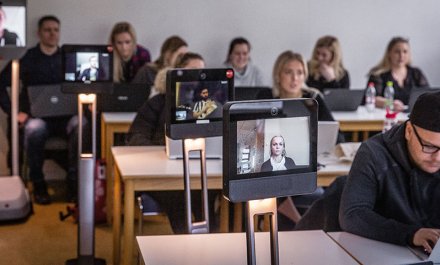
MOCAT project - The Key to Modern Higher Education Institutions
Modern Competencies of Academic Teachers.

Midwives’ contribution to normal childbirth care
Some recent research has shown that births attended by midwives result in positive outcomes. The latest guidance by the National Institute for Health and Care Excellence (NICE, 2014) on Intrapartum care for healthy women and babies recommends, among other practices, that care should be provided by midwives and that low risk environments for intrapartum should be promoted. It is acknowledged that care provision for low risk women in high risk environments results in increased economic costs as well as having an impact on women’s health.
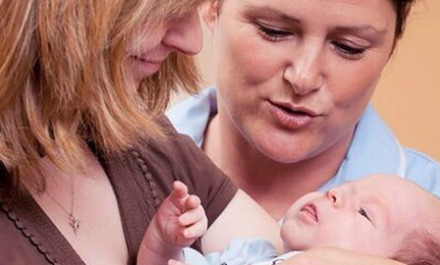
Midwives perception of attending a traumatic birth
The work of midwives endures as a rewarding job, as midwives support women to bring their children into the world. On the other hand a number of serious complications can arise in the process of birth that test the fortitude of midwifes. The main aim of this study is to determine whether adverse events during birth impact the wellbeing and work of midwives in Iceland and if so, what those impacts are.
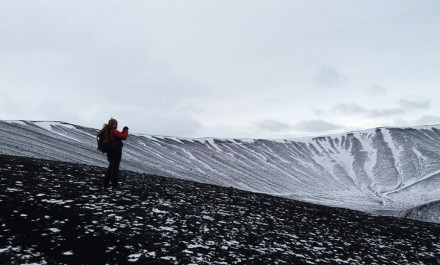
MicroArctic
The Arctic plays a key role in Earth's climate system and is a geographical area of growing strategic importance for European policy. In the Horizon2020-funded MSC-ITN MicroArctic, the next generation of Arctic microbiology and biogeochemistry experts are trained. The project will provide these future experts with a unique understanding of the fast changing Arctic environment and the factors that impact ecosystem and organism response to the warming Arctic. They will thus be able to respond to the need for governance and leadership in various aspects related to public, policy and commercial interests.
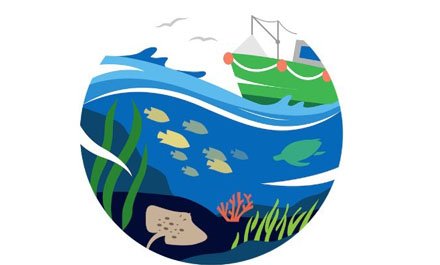
MARINE SABRES
Marine SABRES is an EU-funded project uniting 21 partners to restore marine biodiversity and promote a sustainable blue economy through ecosystem-based management in Europe.
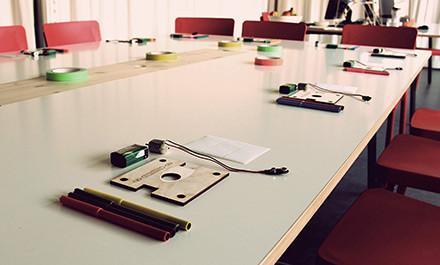
Makerspaces in the early years: Enhancing digital literacy and creativity
MakEY is a 30 month project funded by the EU H2020 Research and Innovation Staff Exchange (RISE) programme.
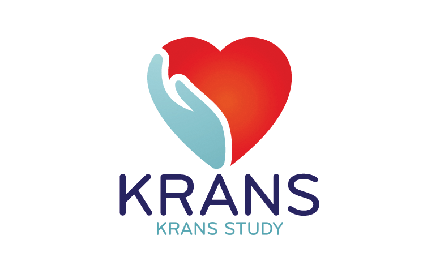
Lifestyles, risk factor management and self-care of individuals with coronary heart disease (The KRANS-study)
Coronary heart disease (CHD) remains the leading cause of death and disability in Europe and is strongly related to lifestyle factors. However, previous European studies show that a large proportion of individuals with CHD do not achieve the recommended lifestyles, risk factor management and therapeutic levels, which can slow or reverse the disease process. It is not known to what extent Icelandic patients achieve standards for secondary prevention. A comprehensive profile of this population, including both clinical data and patient reported outcome measures has not been studied before in Iceland, but is needed to determine where interventions should be targeted.
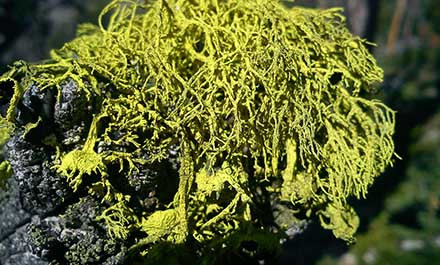
Lichen-associated microbes
Lichens are defined as the specific symbiotic structure comprising a fungus and a green alga and/or cyanobacterium.
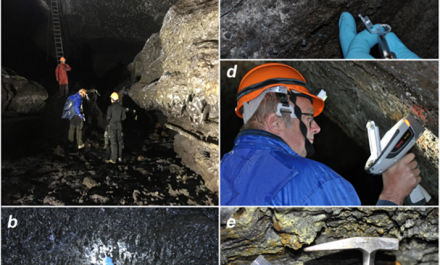
Lava tubes as microbial habitats and planetary analogues
Lava tube caves are host to a fascinating microbiota that grows in mats or crusts sometimes visible to the naked eye. The biogeochemistry of these microbes, including their adaptational response to these oligotrophic environments, potential roles in speleothem formation and biogeochemical cycling of basalt components. Furthermore, Icelandic lava tubes make for attractive planetary analogues for astrobilogical studies, as they share many features with comparable cave systems in other rocky planets where life may have subsisted in the past.
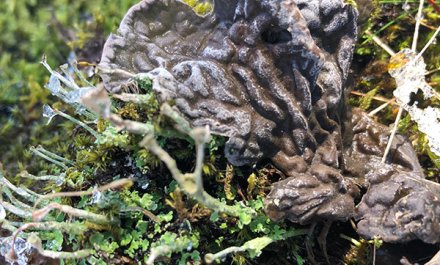
Isolation of Pseudomonas syringae from Lichens
Isolation of Pseudomonas syringae from Lichens: Revealing the Exclusive Host, Pathogenic Traits, and Metabolomic Insights into the Lichen-P. syringae Relations
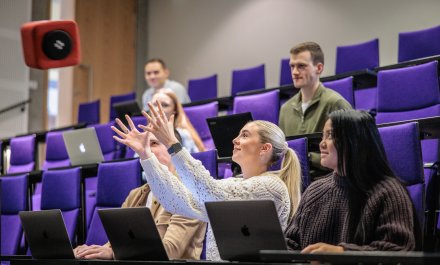
Induction and Mentoring Newly Qualified Teachers as continuous professional development
NTI - Promoting Professional Development (NTI-PPD). Granted by NordplusHorizontal 2023–2025

Inclusive Societies? The integration of immigrants in Iceland
The RANNIS - Icelandic Centre For Research – funded project Inclusive Societies aims to compare integration patterns of immigrants in Iceland in various municipalities across the country.
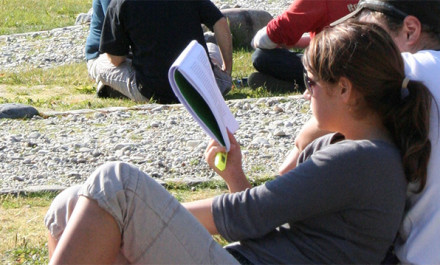
Immigrants in education: A new challenge
One of the key for the successful integration of immigrants into Icelandic society lies within the schools. Until a decade ago having children from a foreign background in the school system was a rather unfamiliar phenomenon. In the year 2000, according to Hagstofa.is, there were 30 foreign children under 18 years old living in Akureyri; this number has tripled and in 2014 there are 87 foreign children living in town.
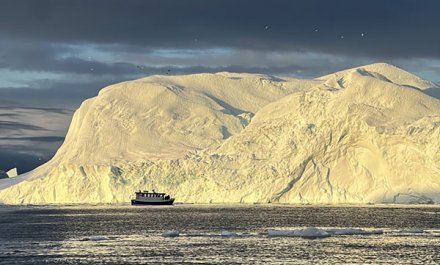
ILLUQ
Interdisciplinary research on climate change, permafrost, pollution and health, and adaptation in Arctic coastal communities.
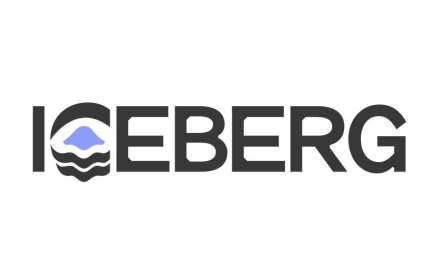
ICEBERG
The ICEBERG project tackles Arctic pollution and climate change by studying impacts and co-developing solutions with local communities from 2024–2026.
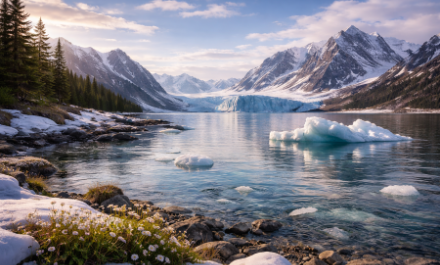
ICE BRIDGE
Bridging Ice Climate Technologies and Governance for Biodiversity in the Arctic

Health-Related Quality of Life, lifestyle, and pain – The ICEPAIN study
The project is focused on building an extensive database on health-related quality of life (HRQoL), lifestyle, and pain among the general population in Iceland.
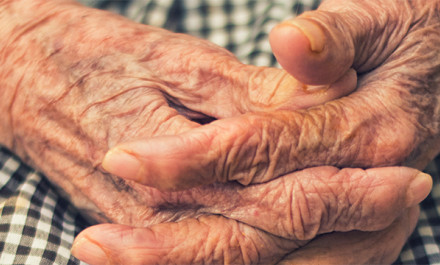
Health status and functional profile of residents in nursing homes in Iceland
An increased need for nursing homes has followed the increased number of elderly and this might have changed the profile of the people who get admitted to such homes. The project has three main aims. The first aim is to look at health status and functional profile of the residents at admission, with special emphasis on the comparison of residents with and without diabetes. The second aim is to analyse survival after admission to the nursing homes, comparing two periods, i.e. before and after a nursing home regulation change in 2008.
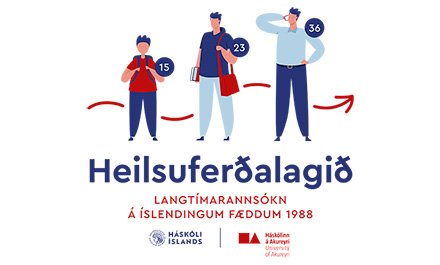
Health Journey - The 1988 Icelandic Birth Cohort Study
Ph.D. project. Longitudinal study follows a cohort of Icelandic residents born in 1988.
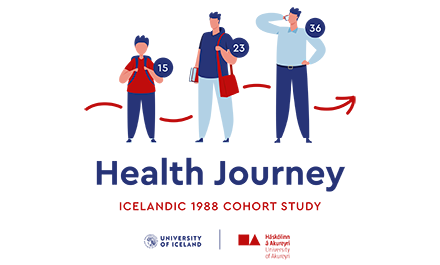
Health Journey
The study will examine in detail the long-term development of health-related factors during the formative years from adolescence to adulthood.
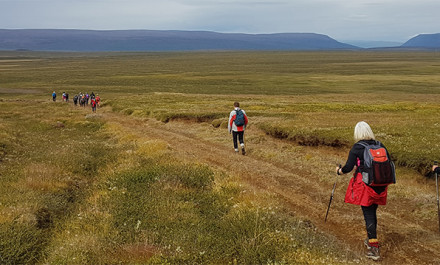
Health and well-being in Northern Iceland in community dwelling Icelandic people age ≥ 65 years
The fastest growing population is older adults. According to population projections it is expected that in the year 2065, over 20% of all Icelanders will be ≥ 65 years and greater proportion of residents are ≥ 65 years in rural areas. Previous studies have shown that residents in rural areas in Iceland have less education, lower income, more health problems or diagnosed diseases and greater depressive symptoms compared to urban residents. The frequency of diseases in older adults is high and costly. There is a lack of research of older adults and those living remotely.
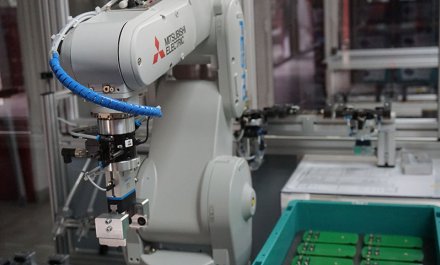
Global digital manufacturing – industry4.0 joint curriculum and research
The manufacturing sector is increasingly becoming global, with companies that design and manufacture components, parts and finished products for other companies, exploiting expertise, raw materials, manufacturing capabilities, cost, and an efficient supply chain that spans across the globe.
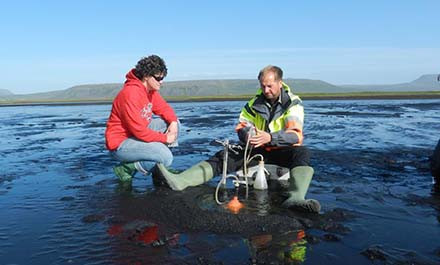
Geomicrobiology and bioprospecting of Arctic microbes
With the advent of culture-independent, NGS-based microbial community analysis, environmental microbiology has opened up to research...
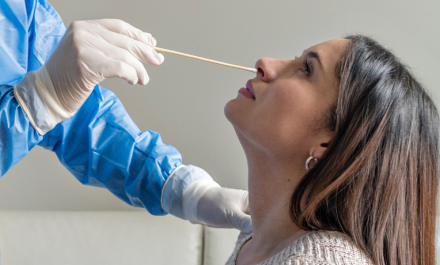
Gender-based health inequalities among migrant women during COVID-19 and public health responses in the Nordic countries
Based on an analysis of migrant women experiences in three countries, the project aims to understand the impact of government and public health responses on migrant women during COVID-19, in particular by addressing the mechanisms which may have prevented their access to health information and/or vaccination.
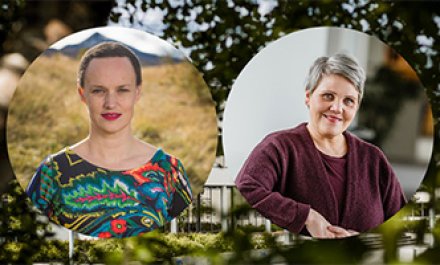
Fulbright Arctic Initiative IV
Fulbright Arctic IV (2024-2026) fosters international collaboration on Arctic security through research, policy development, and academic cooperation among Arctic nations.
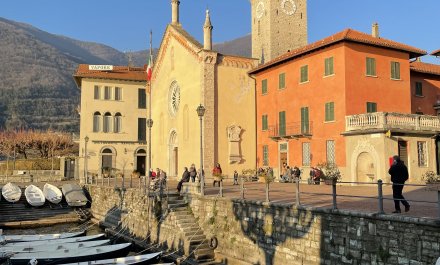
Free Trade Agreement (FTA) with China and Interaction between Exports and Imports
This research aims to answer the following question: is it beneficial for small countries such as Iceland and Switzerland to have a bilateral agreement with China?
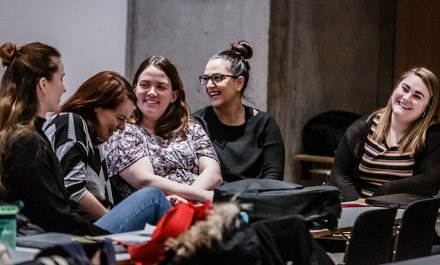
Feeling and symptoms of depression according to the seasons
In this study, we examined the relationship between seasonal fluctuations in well-being and the biological and cognitive aspects of depressive symptoms.
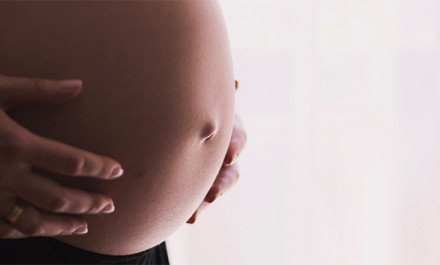
Exploring women‘s views of labour pain: a collaborative research approach
Labour pain has largely been defined in midwifery or medical terms, and most research to date has been about its relief. However, recent research has found that women describe a complex relationship with labour pain that includes positive and welcoming views. Pain relief is an important option, but has attendant side-effects that affect labour.
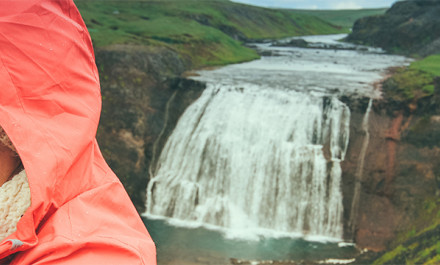
Explaining regional differences in adaptation and satisfaction among the immigrant population in Iceland
The goal of this project is to understand regional differences in the integration and social adaptation of immigrants in the North of Iceland and to understand the mechanisms which impacts immigrants’ integration, satisfaction and feelings of belonging in coastal communities in Iceland. In 2016, we realized a comparative quantitative study within three communities in the North of Iceland in order understand and compare the situation of the immigrants and the reaction of the local population towards them. The result of the study shows that there are differences within the three communities regarding the social and economic situation of immigrants, the attitude and expectations of the local population towards them and their satisfaction and their feelings of belonging.
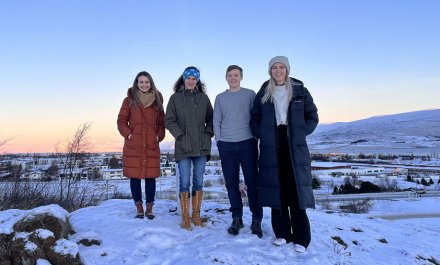
EPiC SAD study
Prevalence estimates of seasonal affective disorder in Iceland from the 90s were comparably low at 3.8%
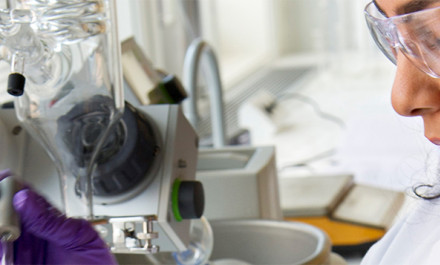
Enhancing labour opportunities for women in the Nordic countries
The general objective of the project is to provide better and more suitable employment for immigrant women by: Identifying policies and practices that have been aimed for improved labour market integration for immigrant women in three small and medium-sized cities in Finland, Iceland and Sweden. Identifying and analyzing success factors and challenges in those policies and practices, based on the experiences by actors in charge of the labour market program/support, as well as on experiences by actors in charge of the labour market program/support, as well as on experiences by women who have taken part in them. Developing practical approaches that employers and companies can implement and identifying possibilities for networking between immigrant women, local public and private actors and employers.

CLEO
Cultural Memory in Europe: Commemoration, memory making, and identity in the 21st century
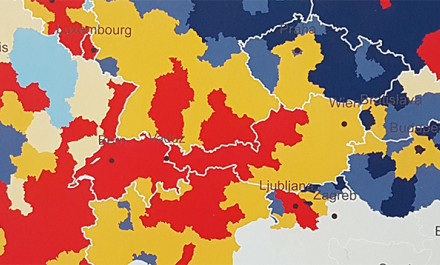
Bridges - Territories with geographical spesificities (ESPON)
ESPON BRIDGES focuses on how ‘spatially blind’ policies, different types of market failures and path dependencies lead to a sub-optimal use of human and natural resources in TGS.
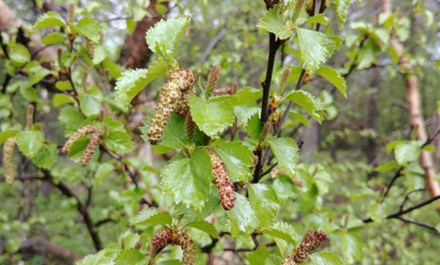
Birch Genomics
Betula pubescens Ehrh. (mountain birch) is the only forest-forming tree in Iceland. Since human settlement (874 AD), the continuous 25,000-30,000 km2 forest has shrunk to 1.200 km2 of fragmented patches, making it a good object to study population genetic consequences of habitat fragmentation and disturbance. Further, genetic studies have also shown that hybridization between the tetraploid (2n=56) B. pubescens and the diploid (2n=28) Betula nana L. (dwarf birch) occurs among Iceland’s natural populations. This project assesses the genetic variation within and among birch forests remaining across Iceland. Information on the distribution of genetic variation of birch in Iceland is essential for its conservation and to establish genotype-phenotype associations to predict responses to new environmental conditions imposed by climate change and novel biotic/abiotic stressors.
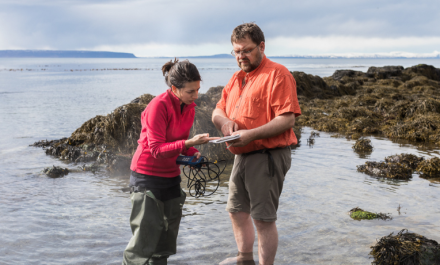
Biocontrol of Harmful Algal Blooms
This project explores the use of algicidal bacteria isolated from natural environments for biocontrol of harmful algal blooms (HABs)
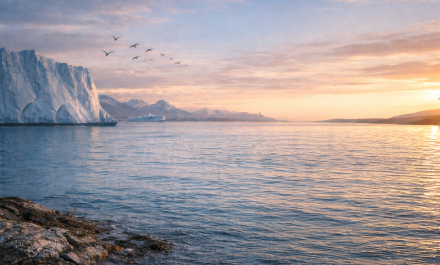
AUTO-MARE
Autonomous Technologies for Ocean Governance: Maritime Autonomy, Responsibility, and Environment.
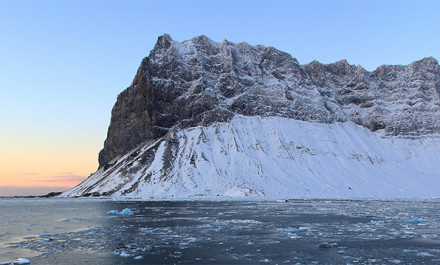
ARCPATH - Arctic Climate Predictions: Pathways to Resilient, Sustainable Societies
ARCPATH is a Nordic Centre of Excellence in Arctic Research including 24 partners. NordForsk granted the centre with 18 mill NOK for the period 2016-2021. Expected ARCPATH results are: improvements in Arctic climate predictions by the reduction of uncertainties originating from changes in the cryosphere and the ocean, and insights into Arctic climate sensitivity to anthropogenic forcing, as well as an increase in understanding of how changes in climate interact with multiple societal factors, ranging from development of fishing communities to consumptive and non-consumptive use of marine mammal in the North Atlantic Arctic.
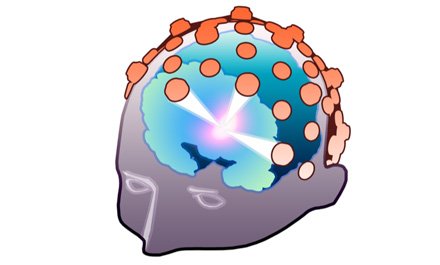
AEGEUS: A Novel EEG Ultrasound Device for Functional Brain Imaging and Neurostimulation
The goal of AEGEUS is to develop a radically new diagnostic and therapeutic device for neurological applications
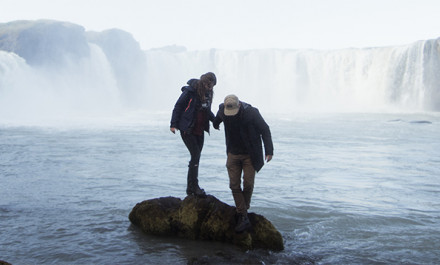
Adjusting masculinities and femininities: Gender perspectives on immigration in Iceland
In recent years, Iceland has ranked high on various gender equality indexes, and the country feels proud of its leading position in gender equality. The important role of gender equality for the Icelandic society is reflected in the amount of research conducted in this field. However, the growing number of immigrants has received little attention within the gender debate.
